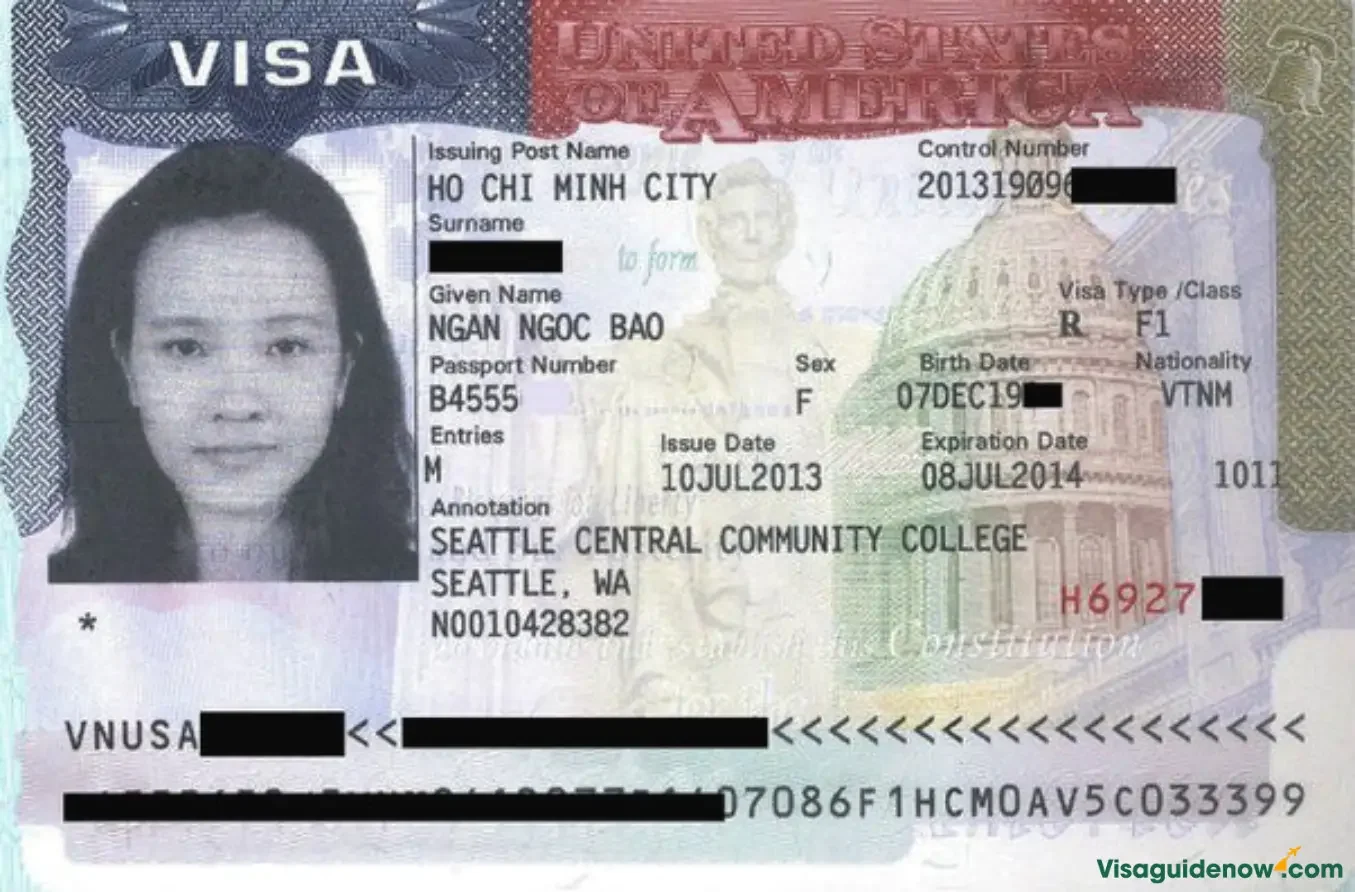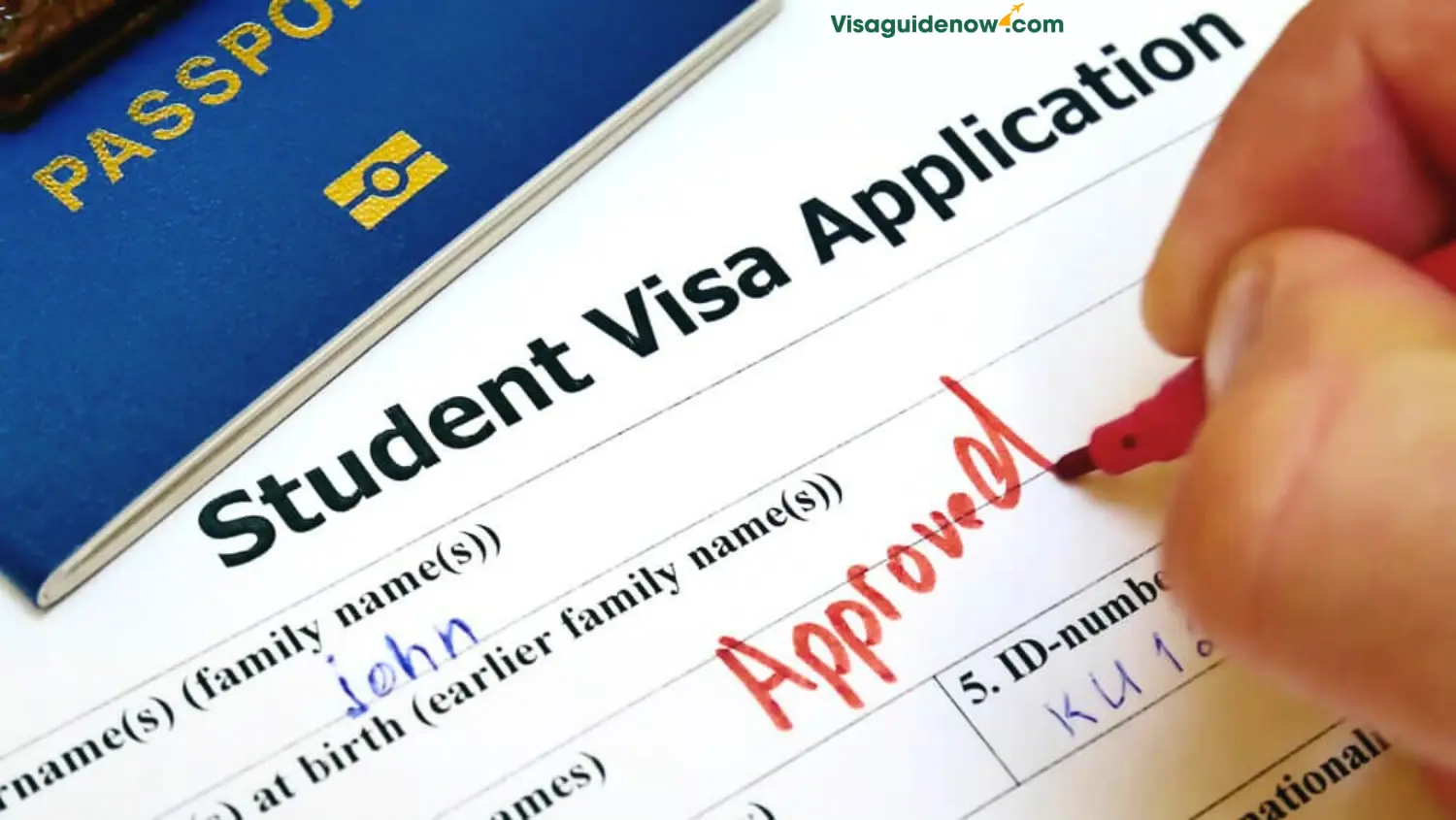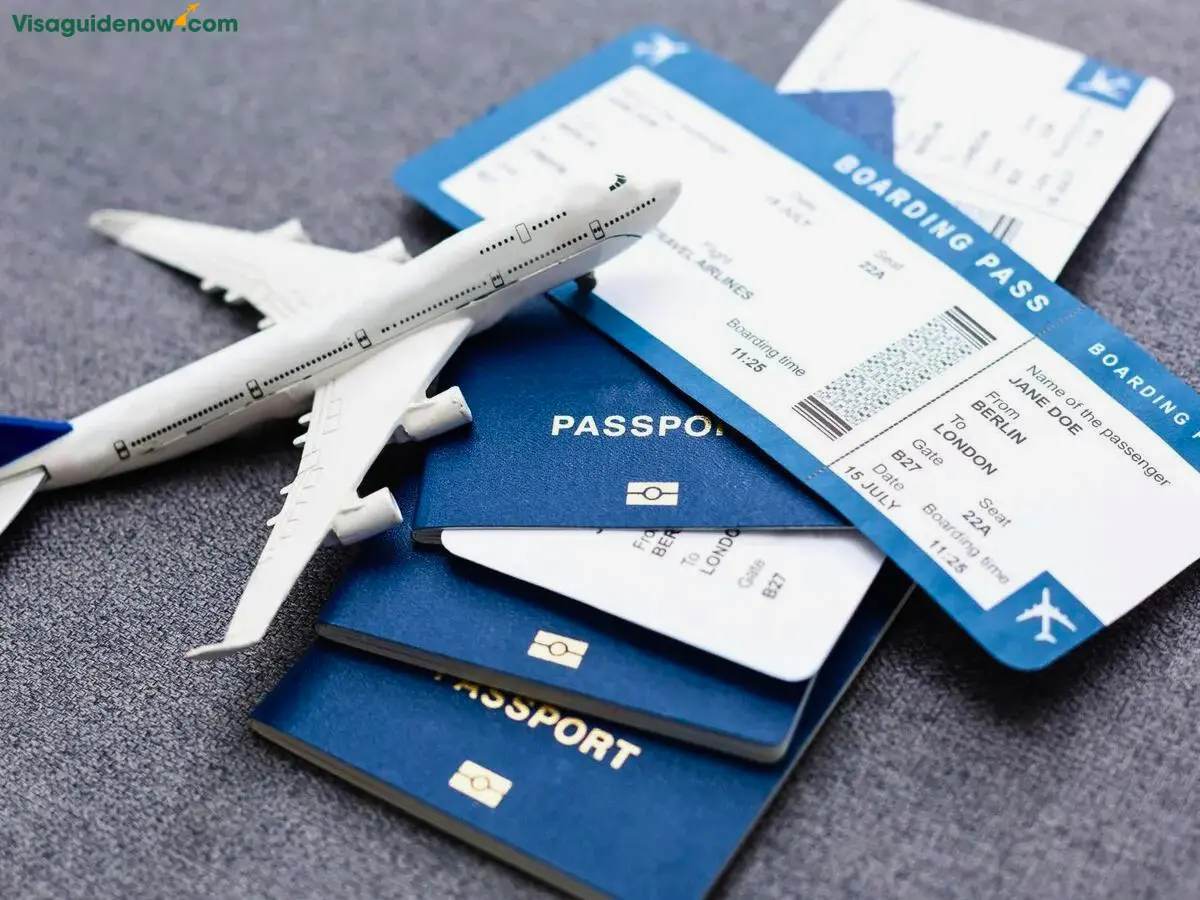Student Visa – Guidelines and Requirements
Author:Le Son | 24/02/24
Are you wondering about the requirements for a student visa? In this article, we will provide you with the ultimate guide for registration, fees, and ways to extend this visa. Keep this to get more knowledge!
What is a student visa?
Student visa is an official document that permits you to study in a foreign country. It’s a temporary visa, valid only for the duration of your academic program. Without a visa, you cannot legally pursue education in most countries.
Visas for popular study destinations
- United States: The United States student visa is the F-1 visa for academic studies or the M-1 visa for vocational programs. To qualify, you must first register with the Student and Exchange Visitor Program (SEVP).
- United Kingdom: To obtain a United Kingdom visa (Tier 4 General), your study program must meet the course requirements, whether you are a full-time or part-time student. You also need to present documentation of your language skills.
- Australia: Australia issues a Visa (Subclass 500) for up to five years. You must be enrolled in an Australian institution and provide a language certificate to receive this visa.
- Germany: A visa to Germany might be valid for three or six months, depending on your academic objectives. If you hold a long-term visa after entering the country, you can apply for a temporary student residence permit, eliminating the requirement for a visa.
- Canada: The Canadian student visa, known as a Study Permit, is valid for the length of your study course plus an extra 90 days to get your affairs in order before returning home. To be eligible, you must be enrolled at a Canadian institution and meet certain financial conditions.

How to get a student visa?
Here is a step-by-step guide for getting a student visa application:
Step#1. Apply for a study program
Firstly, you must apply and get admission to an educational program in the country where you want to study before you can apply for a visa.
Step#2. Make an appointment at the embassy
Once you have been accepted, visit the nearest embassy or consulate of that country and schedule your visa interview. Check the website for specific instructions and available times.
Step#3. Gather your documents
Prepare all documents required for your visa application. Specific requirements vary by country but typically include:
- A completed visa application form.
- Valid passport with at least six months.
- current passport photos.
- Proof of admission to an educational institution. Proof of financial resources (bank statements, scholarship notices, etc.).
- Academic Records and Diplomas.
- language test results.
- Birth certificate or other civil law documents.
Step#4. Submit the visa payment
You must pay the visa application fee. Some countries require payment before the appointment, while others collect the fee during the interview. Check with the embassy or consulate for specific payment instructions.
Step#5. Attend your student visa interview
Attend your scheduled visa interview. Be prepared to answer questions about your academic plans, financial resources, and your intention to return to your home country after completing your studies. Bring all required documents and arrive on time.
Step#6. Await visa processing and approval
After your interview, the embassy or consulate will process your visa application. This can take several weeks or months depending on the country and the completeness of your application.
If approved, you may be required to pay additional fees before receiving your passport with a visa stamp or label.
Student visa requirements
You will need the following documents to apply for student visa:
- Passport: (valid for six months). This passport could be valid for at least six months. If your travel document is about to expire, you should apply for a new passport.
- Visa application form: You must fill out the application form with your contact information – you can usually find the form at the embassy.
- Passport photo: You must also submit a few recent passport-style photos the number of photos required will vary by country.
- Proof of admission: Submit your admission letter or application to demonstrate that you have been accepted into a study program in your destination country.
- Evidence of financial means: You must demonstrate that you can support yourself financially throughout your program of study. If your family is supportive, provide financial statements of your family members. If you are receiving a scholarship, you must attach proof that you are receiving financial support.
- Civil code: You must present your birth certificate, marriage certificate (if you are married), and CV.
- International student health insurance: Depending on the country you want to study in, you might be required to purchase a health insurance plan that covers the entire period of your studies.
- Previous university records: If you attended a university before applying for your foreign study program, you must submit your university records for the student visa requirement.

Student visa fees
Below are the student visa that you must follow:
- Application fee: $160 – $350
- Issuance fee: $50 – $200
- SEVIS fee (for U.S. visas): $350
- Biometrics fee: $80 – $150
Can I extend a student visa?
Here are some ways to extend a student visa:
- Apply for an extension before the expiry date of your current visa.
- Provide evidence of continued enrollment and good academic performance.
- Proof of sufficient funds to cover tuition and living expenses during the extension period.
- Pay the renewal fees required by immigration authorities.
Common reasons for student visa denial
For your student visa to remain valid, you must follow these rules:
- You can only work a limited number of hours (usually 20 per week) in on-campus jobs.
- You must attend all classes (unless there is an emergency).
- If you have a scholarship, you must maintain a certain GPA.
- You cannot stay after your visa expires.
- You cannot seek permanent residency while on this visa.
Student visa guidelines
To maintain the validity of your student visa, you must follow these rules:
- You can only work a limited number of hours (usually 20 per week) in on-campus jobs.
- You must attend all your classes (unless there’s an emergency).
- If you receive a scholarship, you must keep a certain GPA.
- You cannot stay after your visa expires.
- You cannot apply for permanent residence under a visa.







